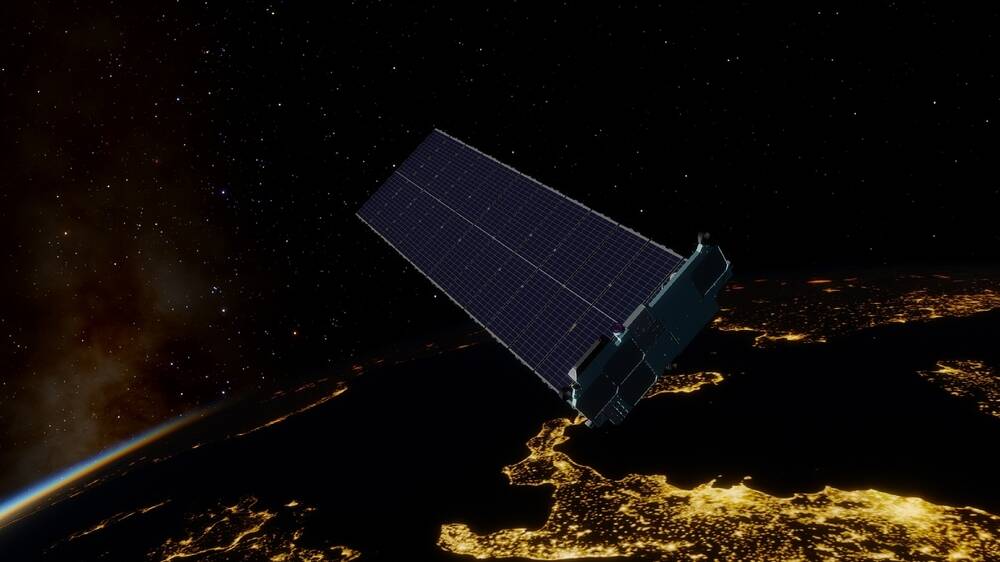Astronomy researchers from several US universities have joined a campaign coordinated by the US Public Interest Research Group (US PIRG) to stop the launch of low-Earth orbit satellites and persuade the US Federal Communications Commission (FCC) to reconsider the exemption for swarms of small satellites from the environmental review requirement.
Astronomers from Princeton University, the University of California, Berkeley and the University of Arizona, among others, have put their names to a public letter that will eventually be presented to the head of the FCC’s space office, Julie Kearney.
The letter urges the FCC to follow previous recommendations from the Government Accountability Office (GAO), which released a report in 2022 urging the telecom regulator to reconsider its decision to exempt large satellite constellations from environmental review.
The exemption was created in 1986, when far fewer satellites were being launched. However, GAO urged the FCC to review the exemption, citing the recent proliferation of satellites and the questions raised about the sustainability of the exemption.
This recommendation was also recently taken up by the US PIRG, which made a similar request to the FCC earlier this month.
US PIRG points out that the number of satellites in low Earth orbit has increased by a factor of 127 over the past five years, largely due to the deployment of huge communications satellite constellations by SpaceX subsidiary Starlink.
Launching large numbers of small satellites poses potential pollution and safety risks, and spoils stargazing. With 6,000 SpaceX satellites in orbit—a number expected to rise to 40,000 in a few years—and the satellites having a lifespan of just five years, US PIRG expects tons of satellite debris to be burned up every day upon re-entry into the Earth’s atmosphere. Add to that the pollution from satellite launches, which US PIRG says is “equivalent to seven million diesel dump trucks orbiting the Earth each year.”
The interest group’s lobbying efforts have been supported by several astronomers, and US PIRG is also seeking support from the public.
“We do not know the long-term impacts of the large number of planned satellites on our ozone, our climate and our environment,” argued Samantha Lawler, associate professor of astronomy at the University of Regina in Saskatchewan, Canada, in a statement. “What we do know is that relying on a decades-old decision to exclude 50,000 satellites from environmental review defies all common sense.”
In addition to Lawler, signatories include Minkwan Kim of the University of Southampton (lead investigator of the first international study on the environmental impacts of space debris disposal using atmospheric ablation); Joshua Reding, AAAS Science & Technology Policy Fellow at the National Science Foundation; and Roohi Dalal of the Outer Space Institute.
SpaceX, which oversees Starlink, did not immediately respond to a request for comment. ®

